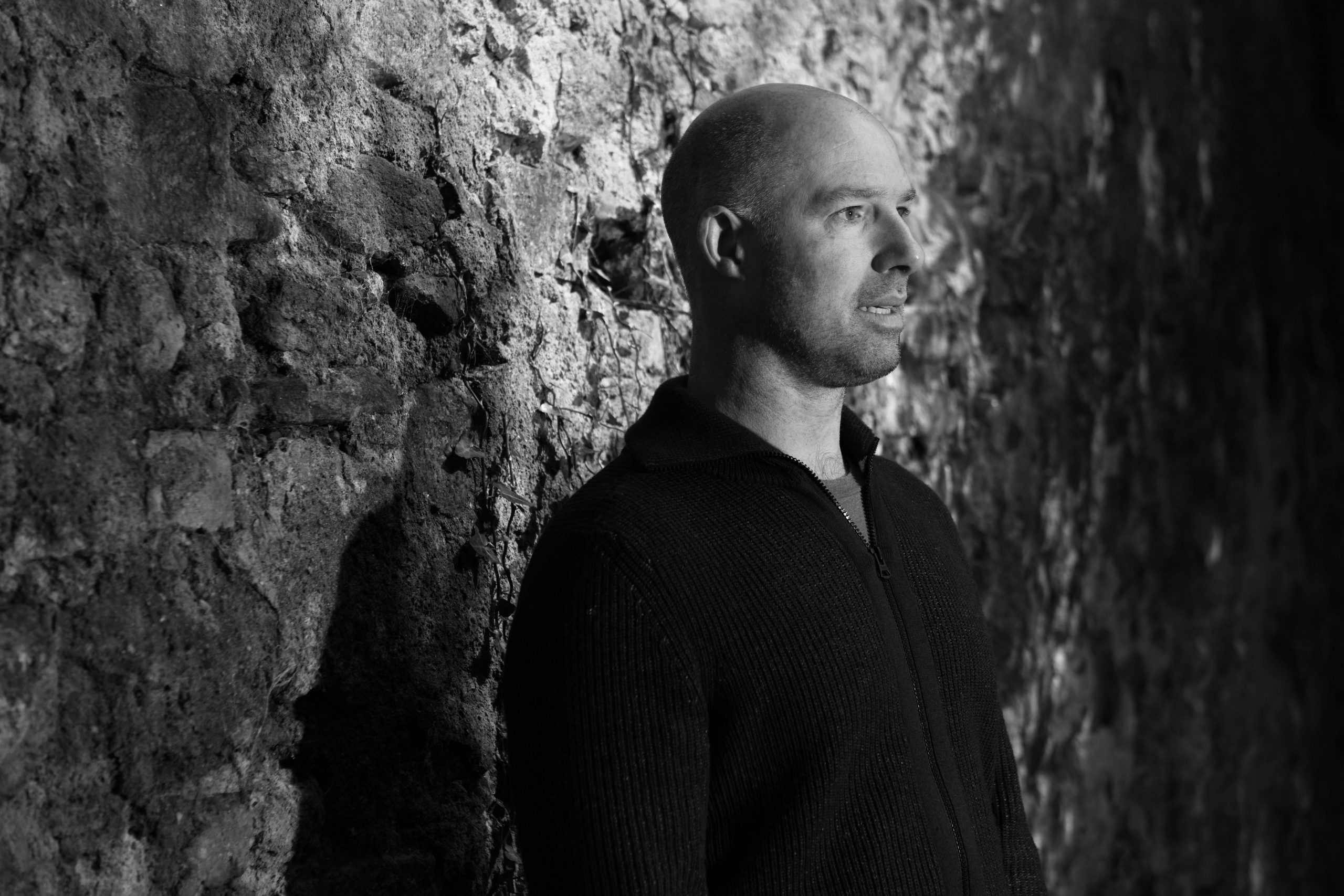The phone call was unexpected. And it came the day before St Patrick’s Day. After six weeks of intense talks, the Irish alarm monitoring company HomeSecure was on the brink of a €25 million sale to Sector Alarms, the Norwegian group which owns the PhoneWatch business in Ireland. The paperwork was being finalised. Colm Daly, HomeSecure’s founder and chief executive, felt he was only days away from closing. Not only had his company survived Covid-19 but it had come back from the disappointment of being jilted at the 11th hour by another bidder only last year. And then the call…
Cancel at any time. Are you already a member? Log in here.
Want to continue reading?
Introductory offer: Sign up today and pay €200 for an annual membership, a saving of €50.

